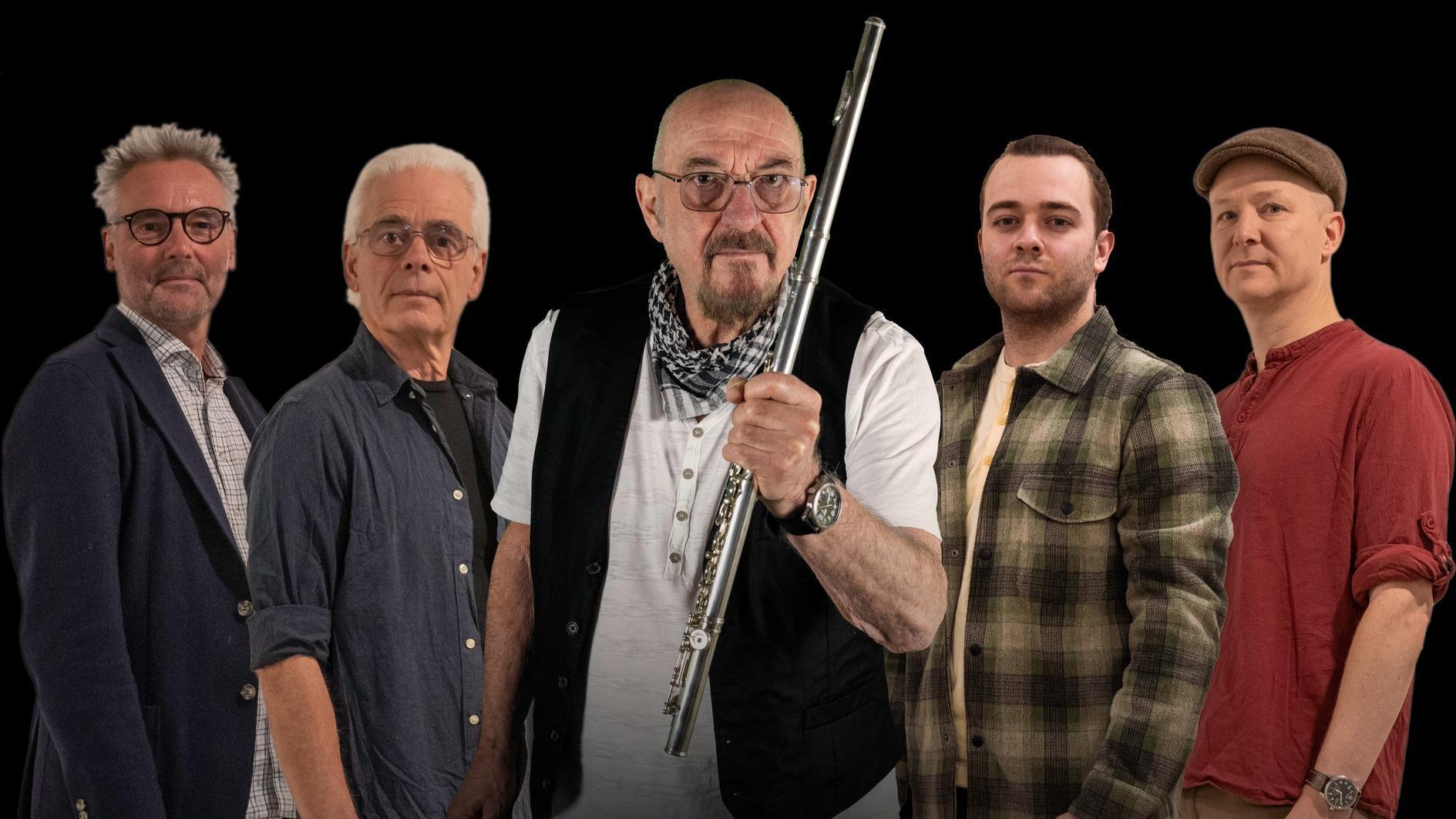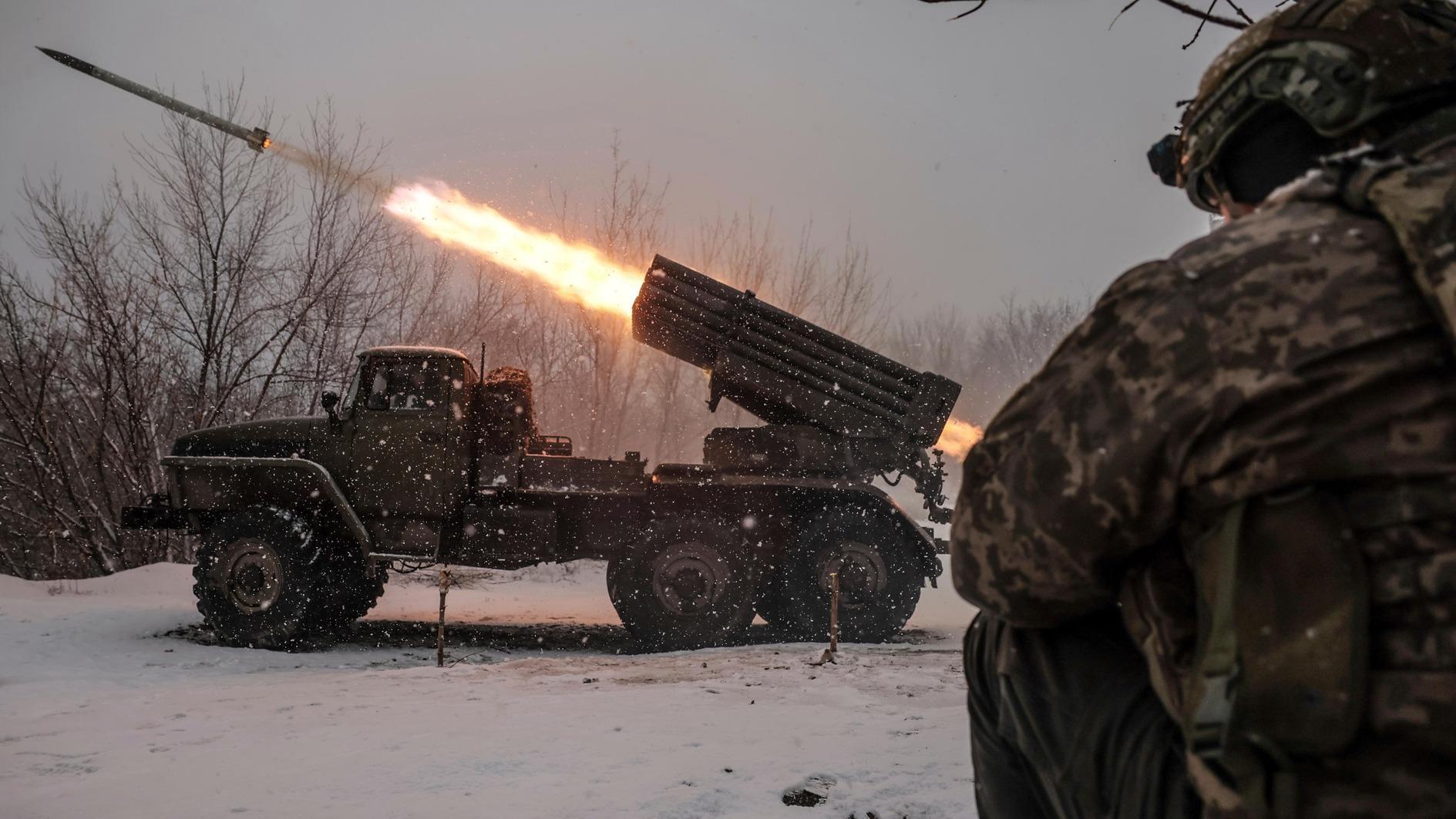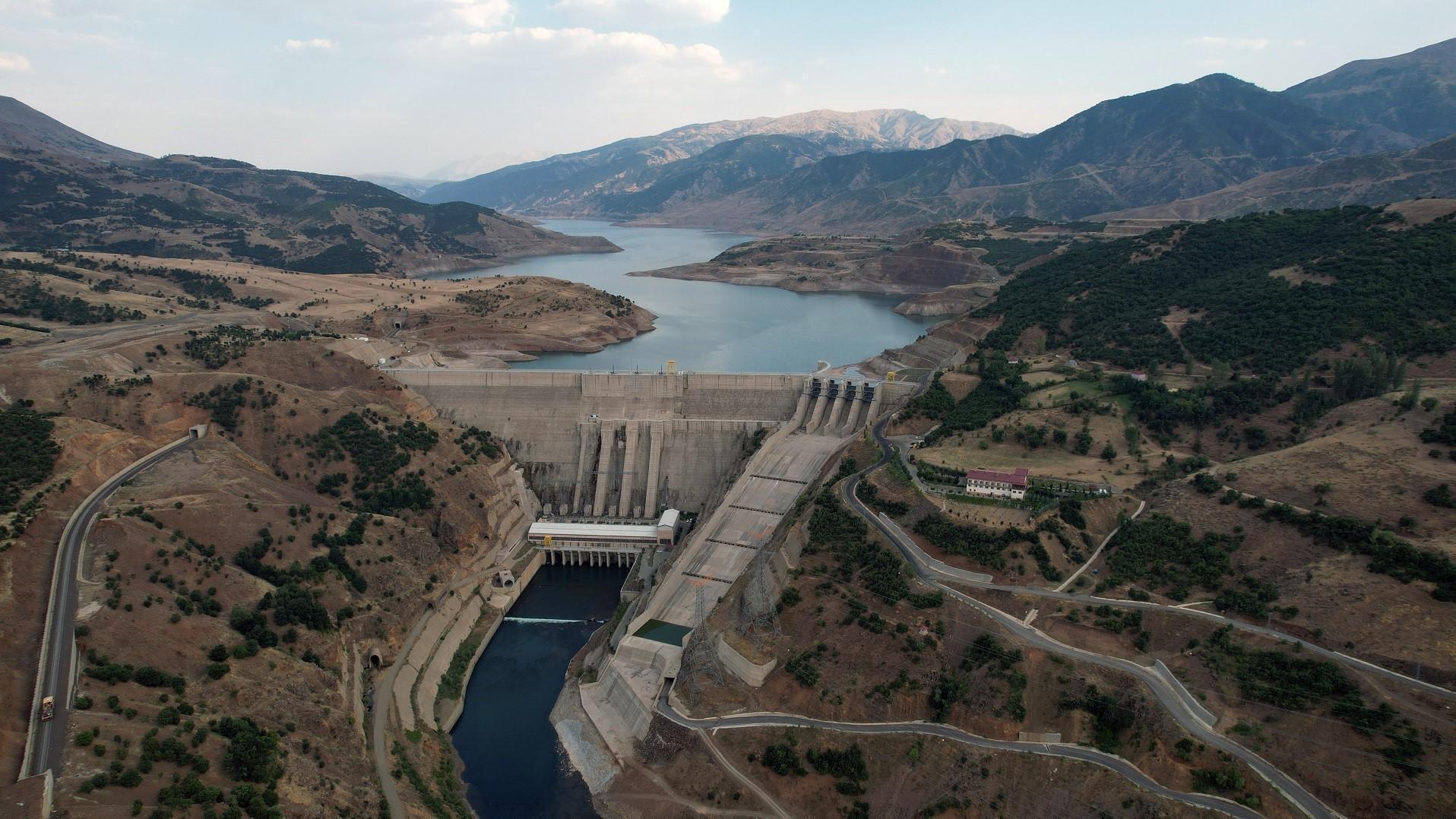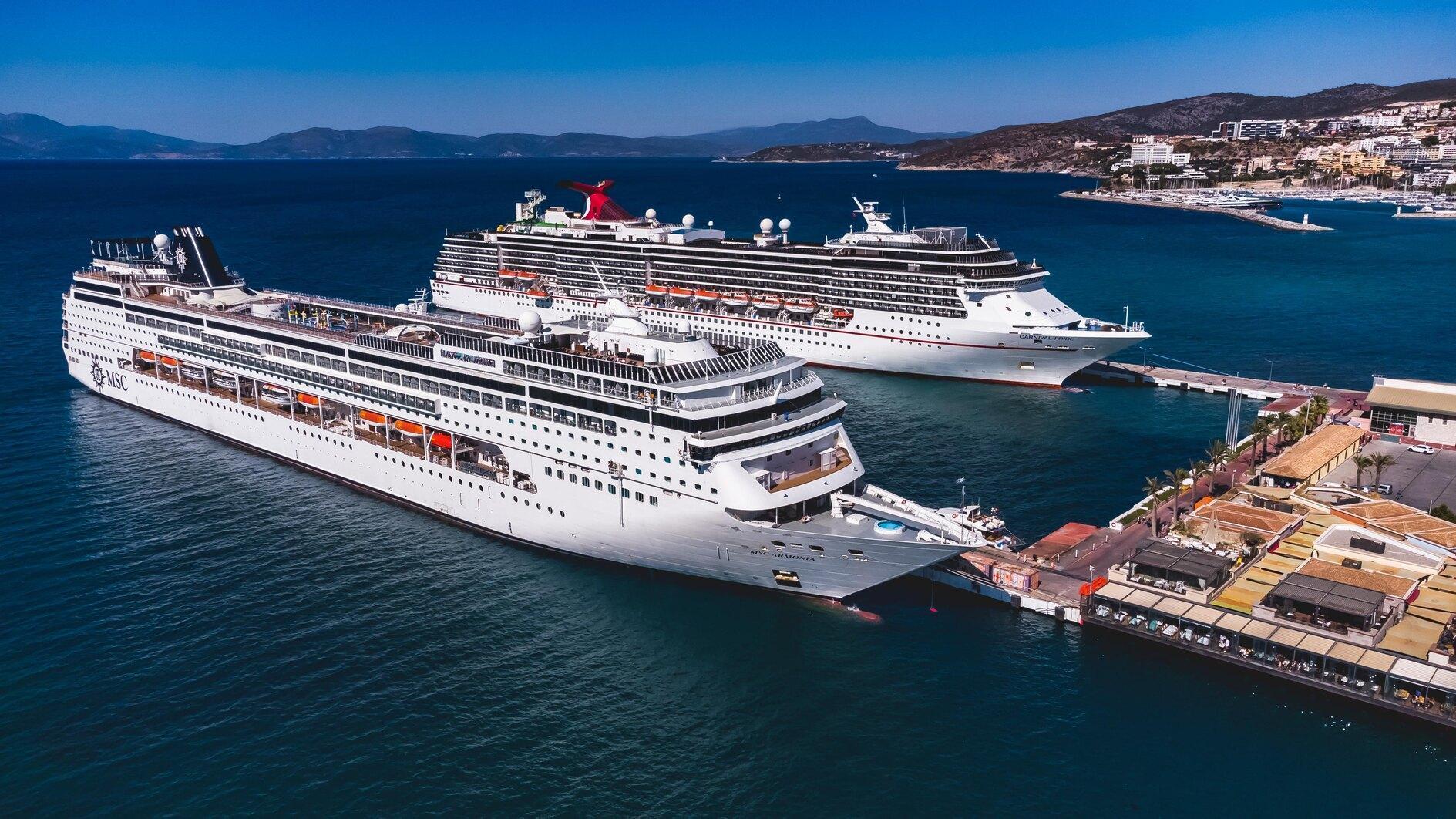Rock legends set to thrill Istanbul fans
ISTANBUL

One of the pioneering bands in rock music, Jethro Tull, will meet its Istanbul fans on Nov. 23 at Volkswagen Arena.
Since the 1960s, the band has created countless hits in rock, folk, and progressive genres, boasting Grammy-winning music and over 60 million albums sold worldwide, attracting millions of fans globally.
Throughout its half-century-long career, Jethro Tull, under the leadership of Ian Anderson, has delivered unforgettable stage performances.
Anderson's iconic one-legged stance while playing the flute and his dynamic stage charisma have become signature traits of Jethro Tull.
Ahead of this special concert in Istanbul, Ian Anderson replied to some questions.
What was your childhood dream?
IA: When I was young, I never dreamt of being a rock star or filling stadiums. I wasn’t even sure what I wanted to be. Perhaps a secret agent, or maybe a farmer. But music somehow crept into my life, almost uninvited. I wasn’t one of those kids dreaming of being a pop star or a footballer. My dreams were more grounded — or maybe just more aimless. I was drawn to nature, quiet spaces, and, oddly, the sea. What eventually captivated me was the raw and unapologetic voice of the blues. Perhaps my childhood dream was to find something real —something that resonated within me. I didn’t know then that music would offer me that connection.
How did Jethro Tull come together?
IA: Oh, the formation of Jethro Tull wasn’t as grand as people might imagine. We were just a ragtag group of young lads trying to make a living in dingy pubs and clubs. In fact, we didn’t even start with the name Jethro Tull. The name came later—like so many things in life, it was a happy accident. So, how did we come together? It wasn’t through a grand plan or divine intervention. It was more a product of a string of failed bands. One band would fall apart, another would form, and eventually, by chance, the right combination came together. The band was born out of hunger and frustration, to be honest. But out of that chaos, something took shape. The flute came in later because, at first, I imagined myself as a guitarist. But after listening to Clapton, I realized that wasn’t my path. So, Jethro Tull was born not out of ambition, but out of the necessity to survive — and maybe a rebellion against the ordinariness of life.
How would you describe your musical style to someone who has never listened to it in three words?
IA: Our musical style has never fit neatly into one box. We’ve danced between blues, rock, folk, and even a touch of classical, constantly evolving. This music, like life, doesn’t offer easy answers. It wants you to think, feel, question — and most importantly, it refuses to be stagnant.
If you were to make a playlist of Jethro Tull's favorite songs, which ones would you include?
IA: This question is like asking a parent to choose their favorite child! But if I were to make a list, I’d go with the songs that have left the deepest mark over the years. “Aqualung” would definitely be on there — it’s almost become a symbol of Tull. But “Thick as a Brick” would also make the cut, as that album represents quite a bold and somewhat sly statement. And “Locomotive Breath” — there’s an unstoppable energy in that song that mirrors life itself. But to be honest, this list changes with the day, the mood, and maybe even the weather. If we’d spoken yesterday, I might have said something different.
Is there a concert you’d like to relive?
IA: Ah, live performances! They’re unique, fleeting and disappear before you fully appreciate them. There’s a certain magic that comes with the energy of a live audience, but there’s also a danger to it. Everything can go wrong, and you could end up upside down. But if I had to pick just one performance... It would be the 1970 Isle of Wight Festival. Playing in front of half a million people... it was both terrifying and exhilarating. We were all young, full of determination, and felt we were part of something much bigger than ourselves. It was both humbling and empowering. Music — and art in general — reminded us that it can transcend the individual. But would I relive it? Perhaps once, for old times’ sake, but I prefer looking forward rather than revisiting the past. Nostalgia, after all, can be a dangerous thing.
What can you tell us about your latest albums, “The Zealot Gene” and “RökFlöte”?
IA: “The Zealot Gene” emerged as a response to the extremes and populism of the modern world. I drew inspiration from the Bible, exploring various religious and social themes in this album. Meanwhile, “RökFlöte” reflects the echoes of past beliefs in today’s world, drawing from Norse mythology. Both albums tackle different themes, but at their core, they carry Jethro Tull’s adventurous spirit and musical diversity. I always try to hold a mirror to people in my music, and these albums are part of that effort.
Can fans expect anything special at your Istanbul concert?
IA: For our Istanbul concert, we’ve prepared a setlist filled with familiar songs, along with a few surprises we haven’t played in a while. As with every performance, we hope to create unforgettable moments for our audience. Istanbul, with its rich history and cultural heritage, has always been an exciting place to perform. With the passionate energy of the audience, I believe it will be a high-energy night.
















